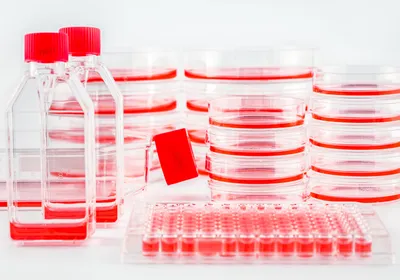ABOVE: © ISTOCK.COM, DNY59
In 2015, a stem cell clinic in Florida conducted a procedure on three women to treat their macular degeneration. Instead, it left each of them with severe vision loss. The tragedy has been held up as an example of the lack of regulatory oversight the US government has had over such outfits that offer unproven stem cell treatments—and now, it’s an example of how that is changing.
On June 3, a federal judge ruled that the US Food and Drug Administration (FDA) is entitled to a permanent injunction against US Stem Cell, forcing the company to stop conducting procedures using a particular technique that involves isolating stem cells from clients’ fat.
The FDA also filed a suit against a California-based company Cell Surgical Network, which provides similar interventions, that is still pending in court.
Precedent from cases like this helps the FDA in future enforcement actions.
...


















